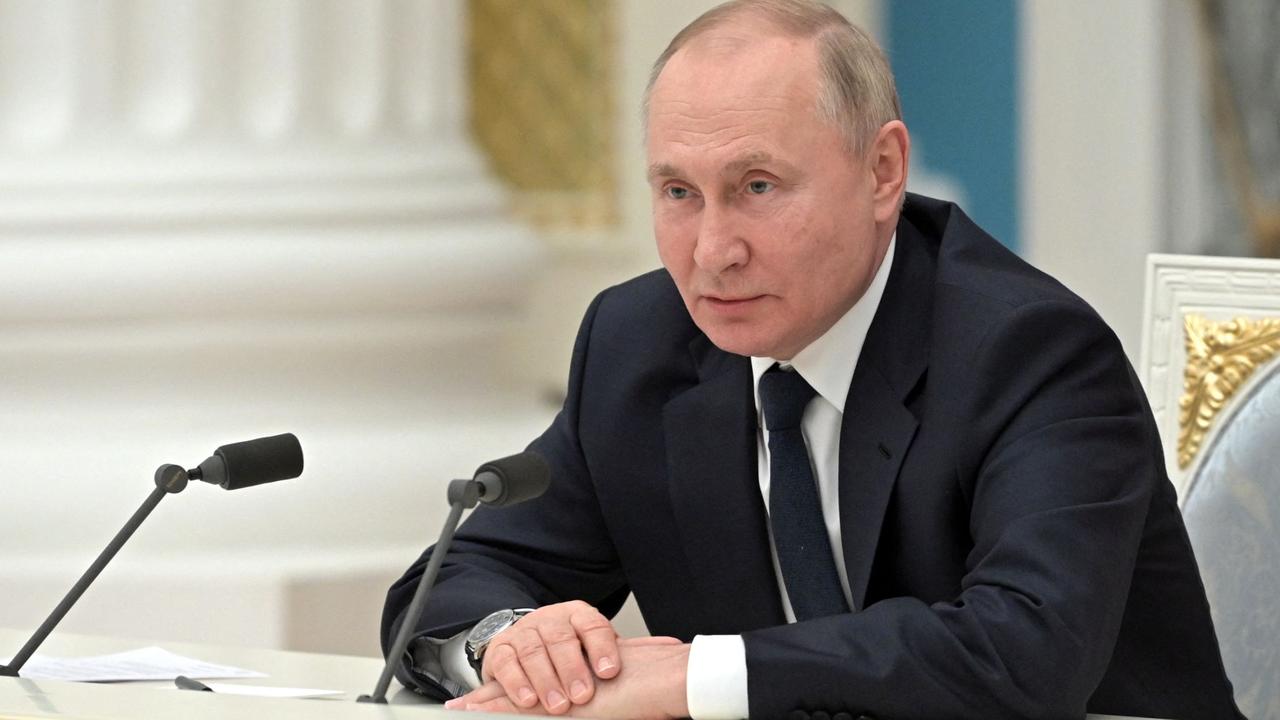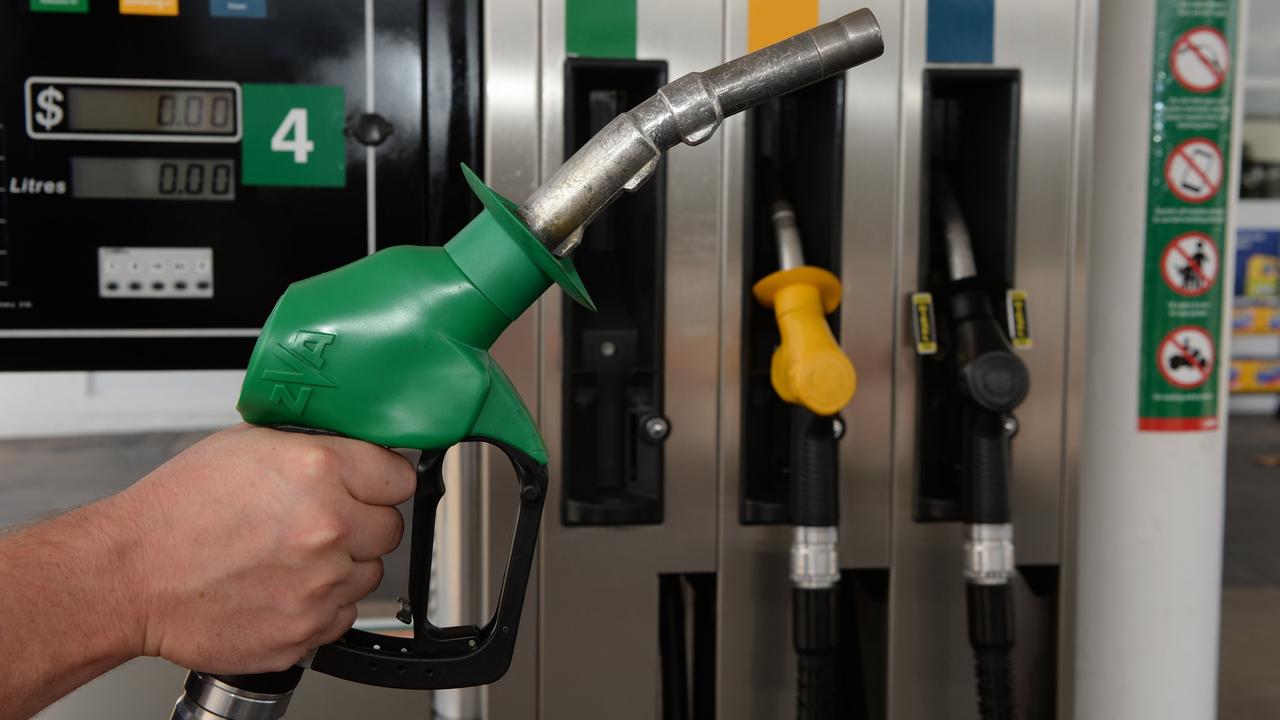Drivers poised to pay even more at the pump as Russia-Ukraine crisis threatens energy markets
Drivers already wincing at the bowser can expect more price pain, with the Russia-Ukraine crisis expected to deliver nasty shocks.
Drivers already paying record or near-record prices at the bowser can expect more hip-pocket pain, with the Russia-Ukraine crisis expected to deliver nasty supply shocks to energy markets.
After Russia’s full‑scale invasion began on Thursday, crude oil prices rocketed past the $US100 per barrel barrier for the first time since 2014, hitting $US105/bbl.
Brent oil futures have since declined back under $US100/bbl, according to CBA Commodities research.
“Though there have been no physical supply disruptions yet, there are serious concerns that Russia could move to restrict commodity exports in response to US sanctions,” RBC Capital markets said.
NRMA spokesman Peter Khoury said the catastrophic events in eastern Europe looked set to add to petrol price pain already keenly felt over recent months, with regular unleaded in Perth recently hitting an average of $1.94 per litre – the highest ever seen in Australia.
In Sydney, regular unleaded reached as high as $1.87 on average, Mr Khoury said, and east coast motorists hoped it wouldn’t climb as high as in the west.
He said there had lately been a lot of volatility in fuel prices, but “unfortunately the trajectory is upwards”.

“The situation is changing by the hour,” Mr Khoury told NCA NewsWire on Friday.
Also, diesel was now more expensive than petrol and given the Australian economy runs on it – from farming to heavy transport – the extra cost would flow through to all manner of consumables, adding to the financial burden on families, he said.
“Russia is the third largest oil producer and sanctions will have an impact,” Mr Khoury said.
RBC Capital Markets noted, however, that with the notable exception of Russia’s Nord Stream 2 gas pipeline project bypassing Ukraine – which has already been halted – the White House had gone to great lengths to convey that it would not target Russia’s energy sector and exacerbate an already tight supply situation.
“White House efforts to secure additional oil volumes from Saudi Arabia and the other OPEC producers with spare capacity have not proved successful to date, hence it looks almost certain that the White House will soon announce another strategic petroleum reserve release co-ordinated through the IEA,” RBC said.

The US was ramping up its own oil production and hopefully its pressure on OPEC producers would provide some counterbalance, Mr Khoury said.
“They (the US) do have the capacity to flood the market – they’ve done it before,” he said.
However, history suggested any drawdown on strategic oil stockpiles would likely only provide temporary relief from high oil prices, CBA Commodities said.
“There’s still a strong risk that Brent oil futures will lift back above $US100/bbl,” it said.
“As price action overnight suggested, the key driver will likely be the sanctions applied on Russia by the US, UK and the European Union.
“Oil markets are particularly vulnerable to supply shocks given global oil stockpiles are at seven-year lows and as OPEC+ spare oil capacity has come under question due to disappointing OPEC+ supply growth.
“The key opposition to higher oil prices is the potential revival of the 2015 nuclear accord with Iran.
“The deal could usher in 1.3mb/d of additional oil supply from Iran (about 1.3 per cent of global supply).”




